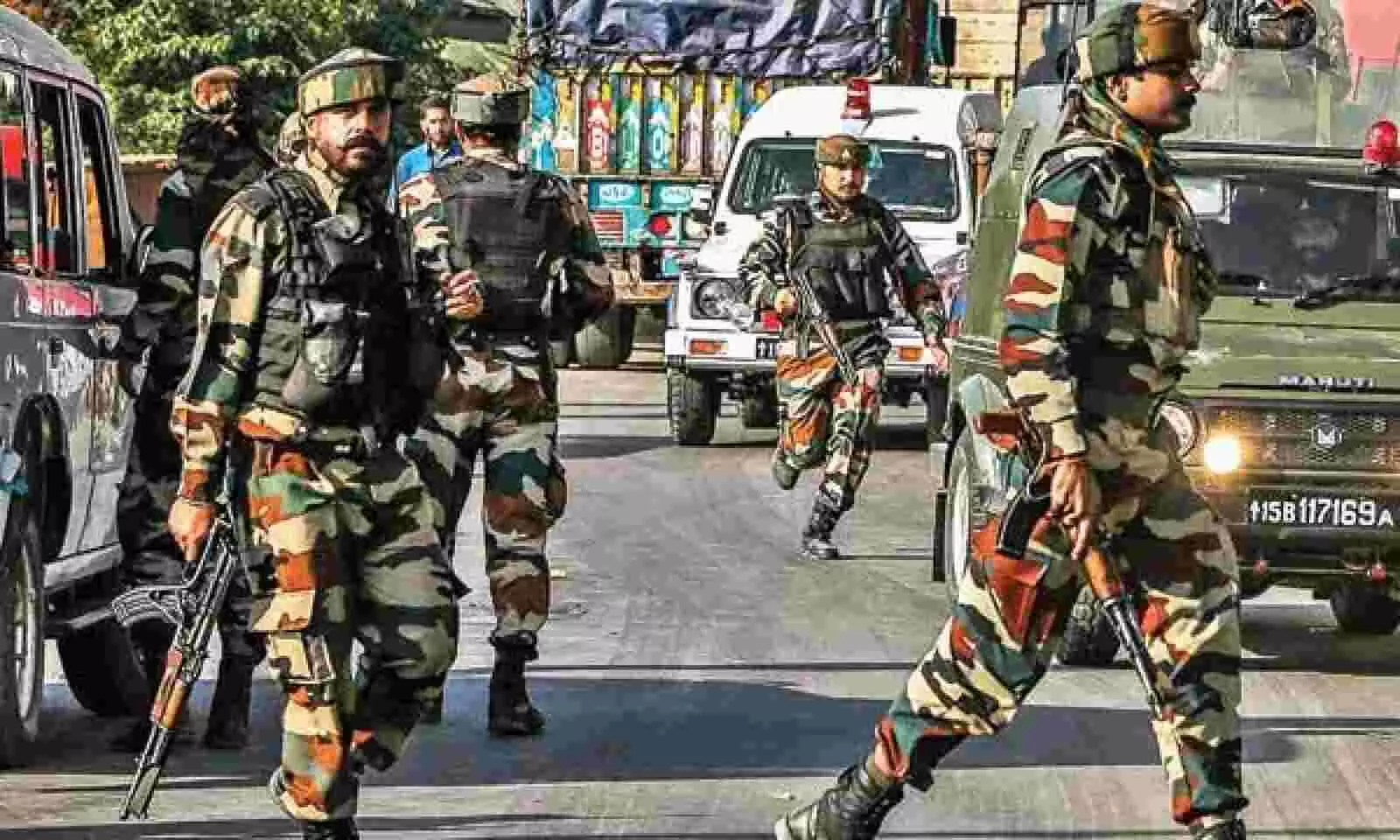Unaccounted deaths?

It seems there is no respite for civilians trapped in border areas of J&K. They have been hit by the bullets fired by both the terrorists and the army men, from time to time. Ironically, the killing of the two youths — Kamal Kishore and Surinder Kumar — belonging to Phalayana village of Rajouri District, on Friday, came just a day after India convened a UNSC's special briefing on 'Global Counterterrorism Approach.' Though the convention was centered on countering terrorism at a global scale, its aim essentially was to safeguard civilians. As for civilians, does it make any difference to them whether the bullet came from terrorists, militants or even army persons? It may be a mistake to fathom the fallouts of conflicts just in the terms of lives lost. Conflicts shape the character of a population as also the socio-economic standings of a region. What could be a greater irony for one of India's most beautiful states than to be subjected to a perpetual, ugly confrontation, for decades. The Rajouri killing is not the first incident of civilian killing and, certainly, will not be the last. Two years ago, in Shopian, three youths were killed by the army men for mistaken identity. Back then, fair investigation was initiated into the matter and requisite action was taken. But that has not always been the case. Back in 2010, the fake encounter of three people near the LoC in Machil by the soldiers of 4 Rajputana Rifles had created widespread uproar. The valley was boiling with rage and 120 people, mostly youths, were killed and hundreds were injured. In an extremely rare Summary General Court Martial (SGCM), the accused were sentenced to life-imprisonment but, later, their sentence was suspended through an armed forces tribunal's verdict. Going back further, in the year 2000, five civilians were abducted from Anantnag and encountered jointly by the police and the army at Pathribal. Country's leading investigation agency, the Central Bureau of Investigation (CBI), found the encounter to be fake but the accused enjoyed impunity for long and, after the Supreme Court's intervention, they were finally exonerated through military proceedings. These are just the most infamous of the encounters. What civilians in conflict zones might be undergoing on a daily basis remains undocumented. Be it for mistaken identity, or for the pursuit of gaining applause or medals through fake encounters, civilians remain the victims of military violence, alongside that unleashed by the terrorists and militants. The past reports of killings of civilians to gain applause is particularly disturbing, as it reflects objectification of the population in border areas. There is hardly any doubt that the Indian Army is acknowledged globally for its impeccable valour and spirit, as also for its determination to safeguard the nation. Fake encounters are a blot on an otherwise pure institution. The criticality of their job is such that undue intervention from other agencies in their internal proceedings could be harmful. Initiation and execution of disciplinary actions should certainly be left as the army's prerogative. What is needed, however, is greater humanization of the army. Border areas are generally looming with tensions and a sense of fear. The armed forces and the police should show sensitivity towards civilians, and make their lives easier. People there, in general, are already victimized by terror groups and militants. A humanized approach by the army could be helpful in creating a better living ambience for them. The army, through its own initiative, must endeavour to ensure greater transparency in its proceedings. India owns Kashmir, and the people there belong to the nation. Their safety and security cannot be compromised at any cost. Politicians have already doled out customary compensations for the 'unfortunate' incident in Rajouri. The greater relief will be when the kins of the deceased will be delivered appropriate justice against the 'criminal' incident. Barring exceptions like Shopian, history of investigations and executions is not very encouraging in the cases of fake encounters. Was Shopian an inflection point of a paradigm shift? Or was it just a one-off thing?



